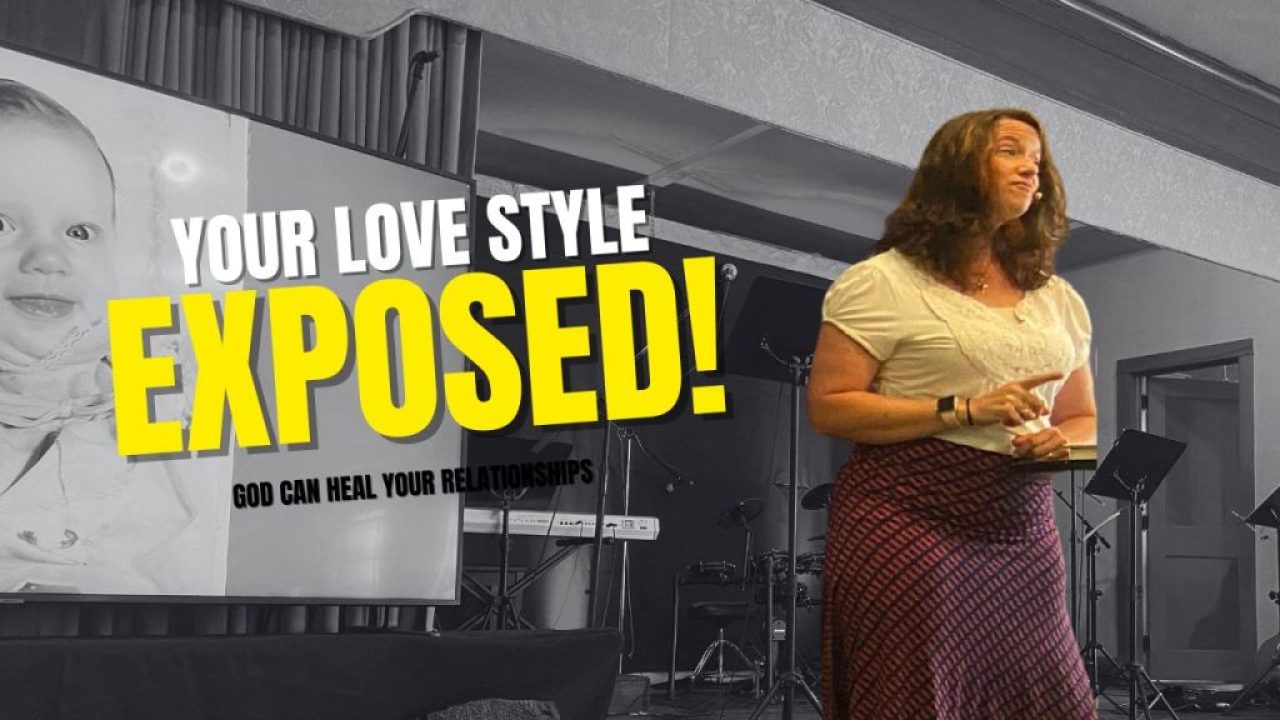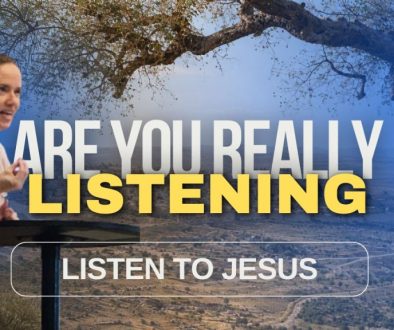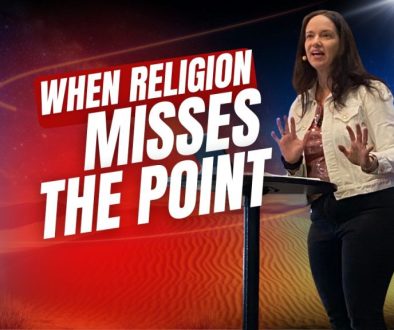Is Your Love Style Hurting Your Relationships? God Has the Answer
Language of Love Part 1: How We Love
Open Arms Community Church in Bradford, PA
We’re beginning a brand-new series at Open Arms Community Church in Bradford, PA called Language of Love.
Last month in our Restoring the Soul series, we explored how God heals the deep places of our hearts—areas like forgiveness, fear, and spiritual deliverance.
But God’s work in us isn’t meant to stop with personal healing. His plan is that the love and restoration we receive from Him would flow into our relationships with others. This first message, How We Love, invites us to examine where our love style comes from, how it affects our relationships, and how God can transform it.
When Did You First Experience Comfort?
Think back to your earliest memories. Can you remember a time when, as a child, you were comforted—not for a physical injury, but for an emotional wound?
For many people, that’s a difficult question to answer. Research from Milan and Kay Yerkovich, authors of How We Love, shows that 75% of adults can’t recall a single memory of receiving comfort from a primary caregiver in childhood. That lack of comfort shapes how we relate to others for the rest of our lives.
Some of us may have grown up in loving homes but still never learned to express emotional needs. Others grew up in dysfunction or trauma, where comfort was absent altogether. Without healthy models for emotional connection, we look for comfort in all the wrong places—friends, romantic relationships, achievements—only to come up empty.
God’s Design for Comfort and Connection
From the very beginning, God designed us for deep, secure relationships—with Him and with one another.
In Genesis 2, we see God’s intimate connection with Adam:
- He formed Adam with His own hands.
- He breathed life into him.
- He gave Adam purpose—to work and care for the garden.
- He gave boundaries for protection.
- And He gave Adam a partner—Eve—as a “strong helper” (Hebrew: ezer kenegdo), equal in value and united in purpose.
This was God’s perfect plan: intimacy without shame, mutual care, and unconditional trust.
When Sin Entered the Picture
In Genesis 3, Adam and Eve disobeyed God’s command. With sin came shame, fear, and hiding. Instead of turning toward God, they covered themselves and avoided Him. Instead of mutual care, relationships became marked by control, domination, and mistrust.
We still live with those consequences today. Many of us hide behind “fig leaves”—walls we put up so others won’t see our shame or vulnerability. And those walls block both our relationships with people and our relationship with God.
Why Love Styles Matter
Every one of us develops a love style—a pattern for how we connect (or avoid connecting) with others—based largely on the comfort and connection we did or didn’t receive as children.
Some have a secure love style—comfortable with both giving and receiving love. Many others develop avoidant, ambivalent, or chaotic styles that make intimacy and trust difficult.
The good news?
God is the ultimate secure connector.
Through Jesus, we can unlearn unhealthy patterns and begin to love the way God intended—freely, sacrificially, and without fear.
Love as God Intended
1 Corinthians 13 paints the picture:
“Love is patient, love is kind. It does not envy, it does not boast, it is not proud… It always protects, always trusts, always hopes, always perseveres. Love never fails.”
This isn’t just a description of God’s love—it’s a command for us to love in the same way. When we surrender our broken patterns to Him, He teaches us how to:
- Recognize and voice our needs.
- Forgive quickly and fully.
- Set healthy boundaries.
- Choose connection over isolation.
We can’t change our past, but we can choose a new way forward—one shaped by God’s perfect love.
Are You Ready to Heal?
Whether your brokenness shows up in marriage, friendship, or family relationships, the path to healing begins the same way:
- Acknowledge your need for comfort.
- Bring your wounds to God.
- Allow Him to send safe, loving people into your life.
You don’t have to live stuck in the cycle of fear, hiding, or mistrust. Jesus has already paid the price to restore your relationship with God and equip you to love others well.
Bible Study Guide – How We Love
Scriptures to Read
- Genesis 2:7–25 – God’s design for intimacy and connection
- Genesis 3:1–13 – How sin introduced shame and hiding
- 1 Corinthians 13:4–8 – The true definition of love
- John 15:9–13 – Remaining in God’s love
- 1 John 4:18–19 – Perfect love drives out fear
Reflection & Discussion Questions
- Can you remember a time in your childhood when you received emotional comfort? How has that shaped the way you relate to others?
- What “fig leaves” do you tend to hide behind when you feel shame or fear?
- How have you seen sin create separation in your relationships—with God or with others?
- Which parts of 1 Corinthians 13 are most challenging for you to live out right now? Why?
- How does knowing God is a “secure connector” encourage you to trust Him with your relationships?
- What’s one step you can take this week to offer comfort to someone else in a Christlike way?
At Open Arms Community Church in Bradford, PA, our desire is to see people find hope, healing, and purpose through Jesus Christ. If you’re navigating broken relationships or longing to experience God’s comfort for the first time, we’d love to walk with you.




